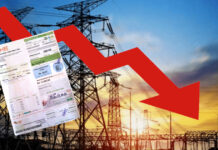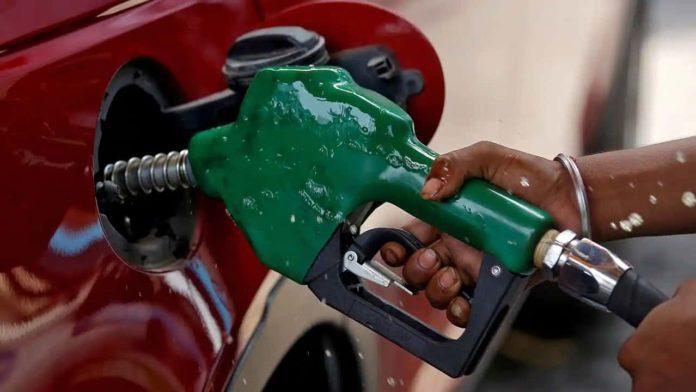Pakistan is one of the emerging countries with a heavily reliant transportation industry on petroleum. The rise in fuel prices has a huge influence on Pakistan’s economy, since it impacts not just the transportation industry, but also other industries and, ultimately, people’s everyday lives. The economic impact of increased petrol prices in Pakistan will be discussed in this article.
Sky-rocketing transportation cost
The first and most obvious effect of increased gasoline costs is on the transportation industry. The transportation industry is the backbone of the economy, and every increase in gasoline costs has a direct influence on it. As gasoline prices rise, transportation costs rise, causing the prices of products and services to rise. This causes inflation, which has a negative impact on people’s purchasing power. Furthermore, the high cost of transportation has an impact on corporate profitability, which eventually leads to a drop in economic growth.
Agriculture crisis
Since Pakistan is more of an agricultural dependent country, the agriculture industry is the second most affected sector by increased gasoline costs. The agricultural sector in Pakistan is primarily reliant on diesel-powered tractors and machinery due to lack of technological innovations and research policies being conducted in the country. When the price of gasoline rises, so does the price of diesel, which raises the cost of production. This is a worrisome issue since substance farming and basic dependence on natural crops such as wheat and corn are also being quite difficult to afford for much of the population.
Manufacturing cost rises
The third effect of growing petroleum costs is on the manufacturing industry, which significantly relies on energy for transportation of raw materials and completed goods. When the price of petrol rises, transportation expenses rise in tandem, raising the cost of manufacturing. This, in turn, reduces corporate profitability, resulting in a slowing of economic growth. Also, increased transportation costs make exporting goods more expensive, reducing exports hence causing a deficit in the balance of trade due to which we see the dollar dominating the rupee by far.
A testing burden on the public
The fourth effect of increased fuel costs is on the general public. When gasoline costs climb, so does the expense of life. The rise in petrol costs leads to an increase in the prices of products and services, resulting in a decrease in people’s buying power. Furthermore, the rise in fuel price has an impact on people’s everyday lives since they must face the burden of high transportation expenditures in an already low income economical fixture.

Lack of subsidies
The government is the fifth effect of increased fuel costs. Petrol price increases result in increased tax income for the government. Yet, rising petrol prices raise the government’s subsidy cost since the government must offer subsidies to the poor to offset the impact of growing gas prices. Moreover, an increase in gasoline costs leads to a decrease in economic growth, which impacts the government’s tax collection.
The rise in petrol costs has a substantial influence on Pakistan’s economy. It has an impact not just on the transportation industry, but also on other industries and, ultimately, on people’s everyday lives. The government must take efforts to offset the economic effect of rising gasoline costs. This may be accomplished by giving impoverished people with subsidies, investing in alternative energy sources, and supporting public transportation.
What are your thoughts about this? Let us know in the comments below.
Stay tuned to Brandsynario for the latest news and updates.









































